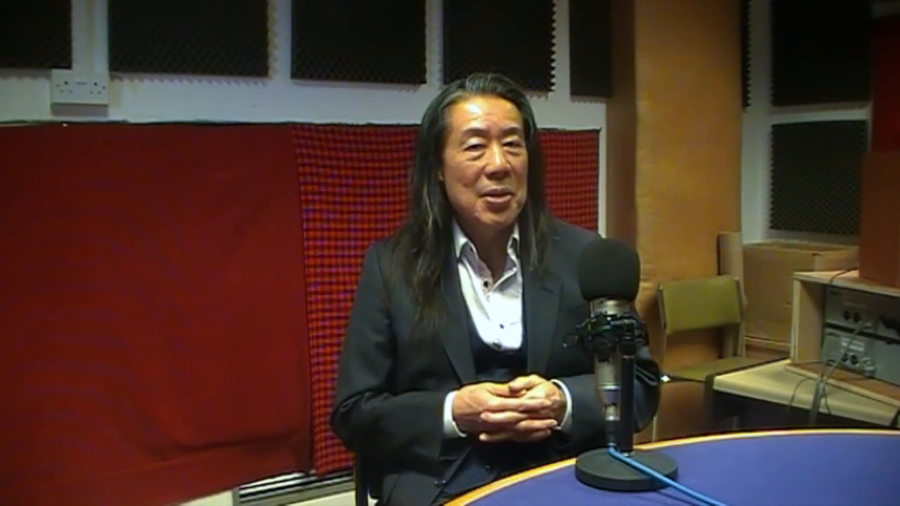The famous Dutch theologian Hans Küng once convened a parliament of the world’s religions to come up with a common ethic, thinking that a common ethic was possible amongst all of the different confessional entities of the world. And indeed they managed to achieve a common ethic. But when it came to signing off the document that they had laboriously composed, there were all kinds of problems.
Archive (Page 3 of 3)
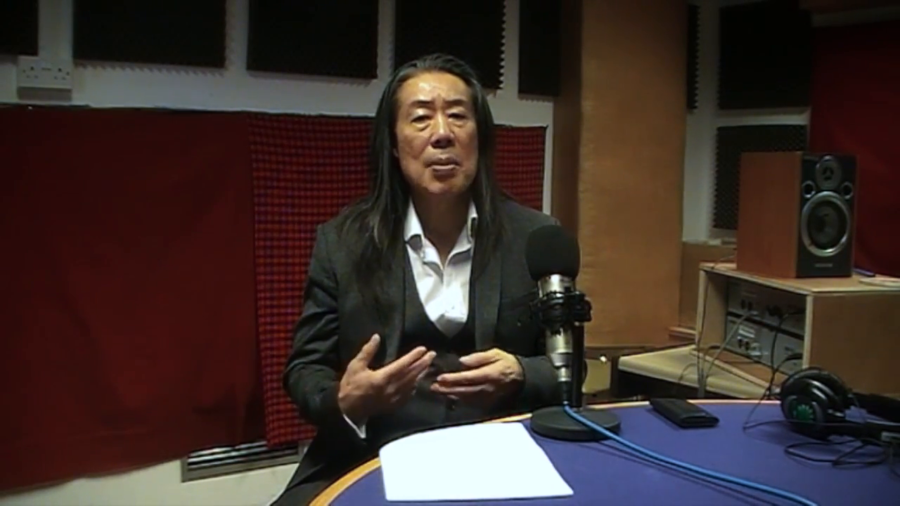
In the heyday of Islamic thought, of Islamic philosophy, of disquisitions about the meaning of Islam and its place in the world of knowledge, in the 13th century, the thought of great Islamic thinkers also was that God and his text constituted a first principle. All else was contingent upon this first principle. Second, third, principles, etc. were contingent.
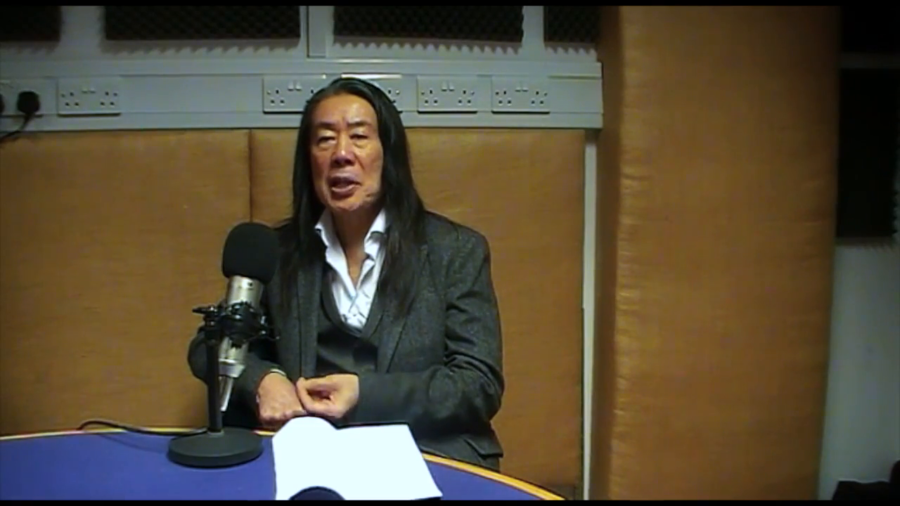
One of the key differences between Islamic scripture and Christian scripture is that Islamic scripture (the Koran) was meant to have been revealed to the prophet Muhammad during his adult lifetime. It was not meant to have been revealed to a number of people over many thousands of years.
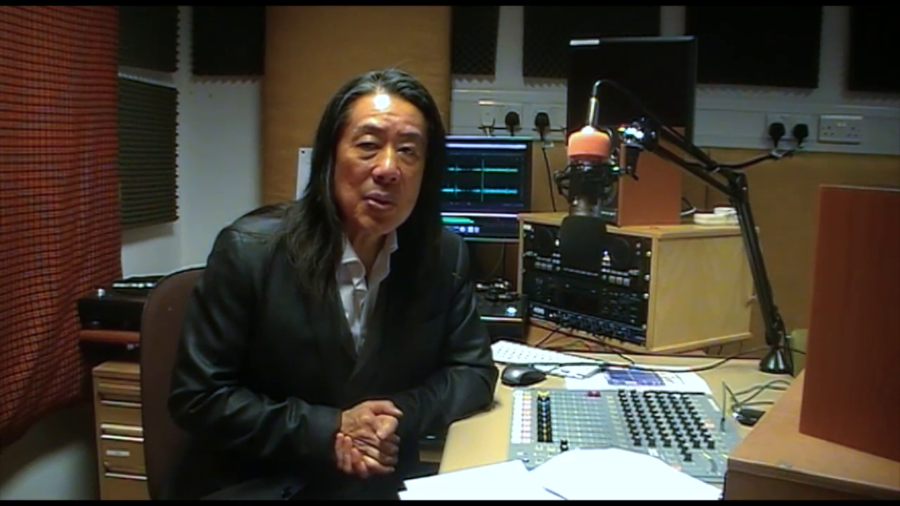
Our tale begins in Afghanistan with the Soviet invasion in 1979. This came out of a blue sky, military speak for there were no clouds, there were no warnings. But suddenly the Soviets invaded the country in support of a Soviet-inclined government. But a government which aroused huge resentments and resistance on the part of many many people in Afghanistan.
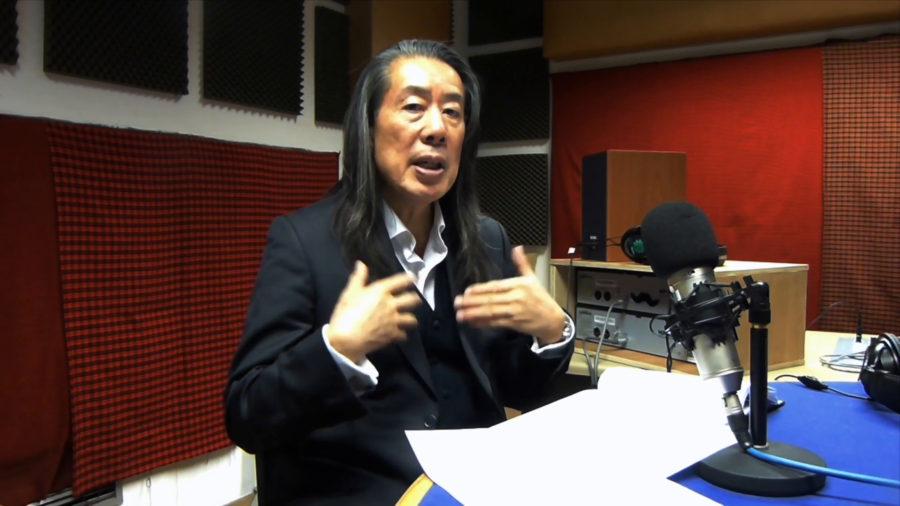
If the 1979 Iranian revolution was a turning point in late 20th century history, what followed set the scene for a series of betrayals and revivals of the sort that the Western world could not have envisaged.
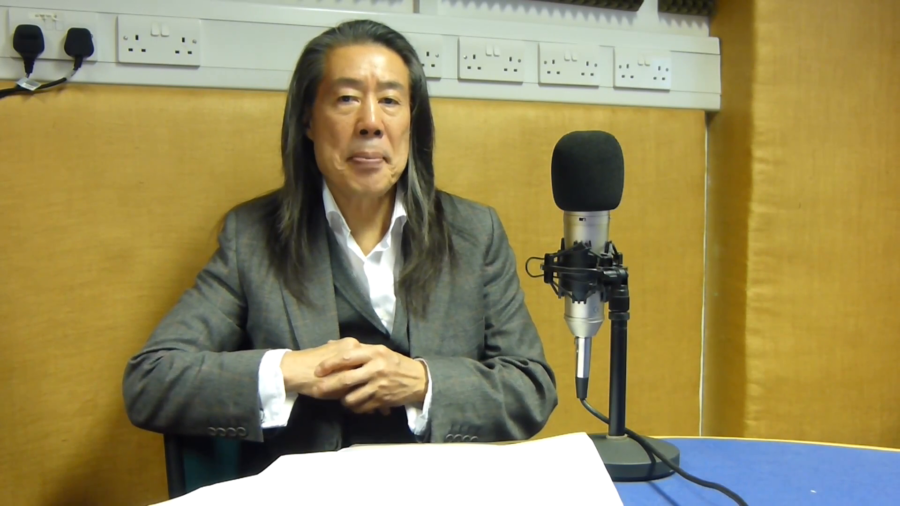
When you try to analyze the resacralization of the secular state system, there are many mistakes that scholars particularly in the West make. They assume that resacralization is simply secularism plus the sacred added on. As if the system was still conceived in the same way, even it wishes to behave in a different way. But what in fact is going on is fragmentary, a mixture.
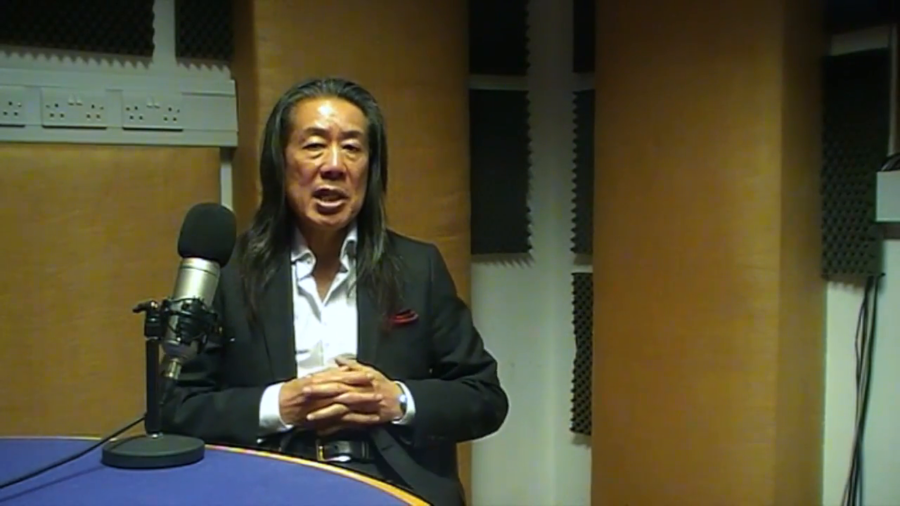
To secularize the state is not simply a magical operation that happens at the wave of a hand. You’ve got to desacralize the state.
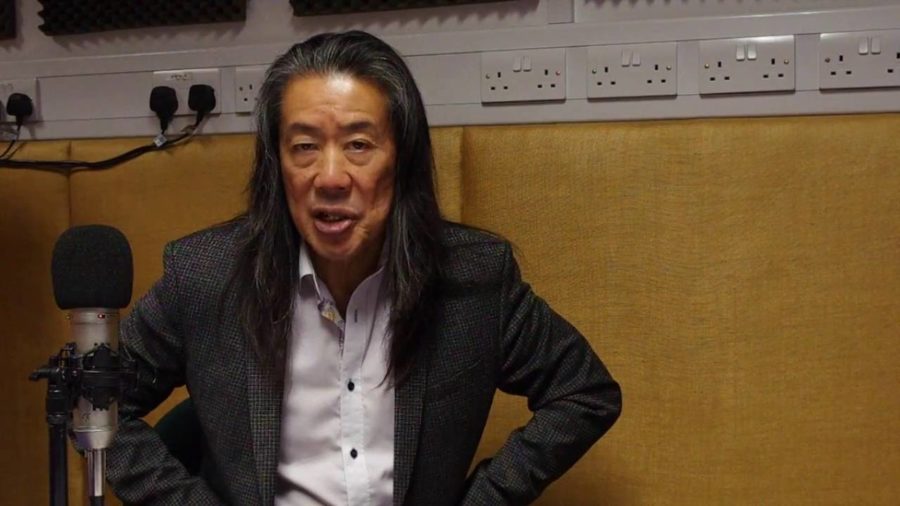
When we look back at our history here in Europe, we often celebrate the romanticized version of that history and forget the import that that romanticism often cloaked. For instance when we have films, when we read the books of Alexandre Dumas, particularly The Three Musketeers, all we see are three (plus one) swashbuckling, sword-bearing gentleman usually of an exquisite handsomeness. And there’s an evil cardinal, Cardinal Richelieu, lurking in the background. But the idea that France was just like this for no apparent reason is something that we never really really investigate.
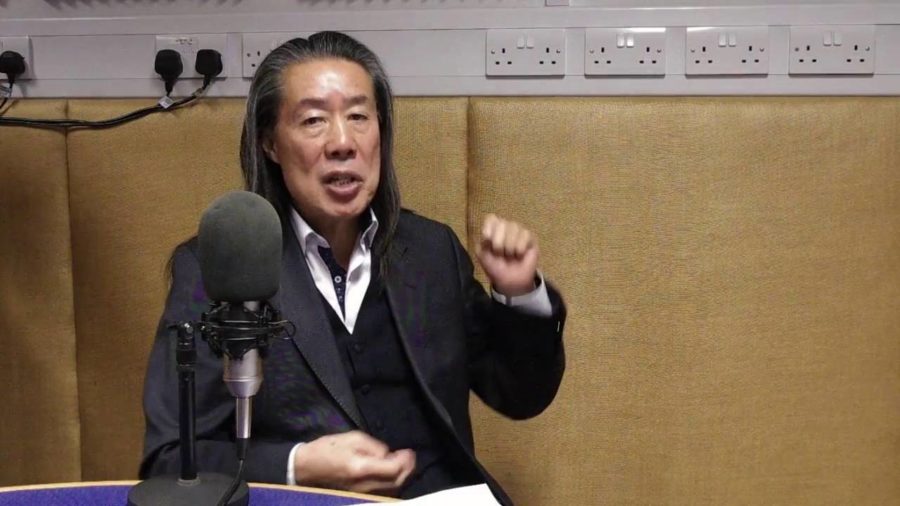
We’re looking at religion as an organized and above all institutionalized system of beliefs. The organization particularly of textual or other recorded teachings that form the basic faith framework of the religion, and the institutionalization which polices those teachings, polices the extent, the limits, and above all the interpretation of what those texts might mean.

